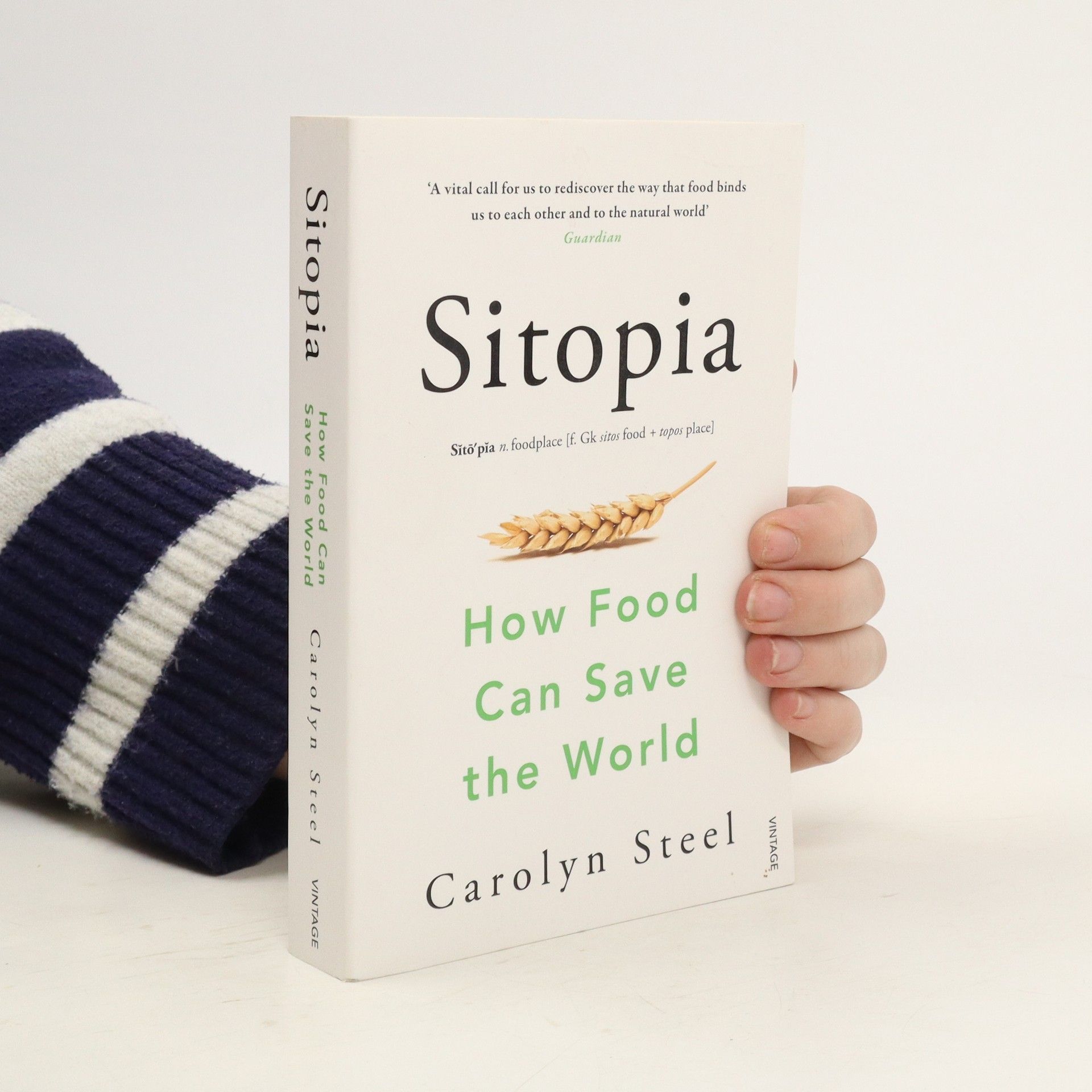Hungry city: how food shapes our lives
- 400bladzijden
- 14 uur lezen
Cities occupy only 2% of the Earth's surface yet consume 75% of its resources. Despite a 145% increase in global food production over the last four decades of the 20th century, around 800 million people remain hungry. In 2005, British supermarkets discarded half a million tonnes of edible food, contributing to a total of 17 million tonnes wasted across the food sector. With one-quarter of the British population classified as obese and one in three meals being ready-made, the connection between food and urban life is crucial. Food not only shapes cities but also influences our lives and the countryside that sustains us. The immense effort required to feed urban populations significantly impacts both society and the environment, yet many remain unaware of the journey food takes to reach our plates. This exploration delves into how modern food production disrupts the balance of human existence, highlighting unresolved issues that contribute to obesity, the dominance of supermarkets, and environmental degradation. By tracing food from its origins through to consumption and waste, the author examines historical and contemporary challenges at each stage. Ultimately, it reveals how our lives and surroundings are affected and offers insights into potential positive changes. Engaging and thought-provoking, this work addresses an essential issue that resonates with everyone.



